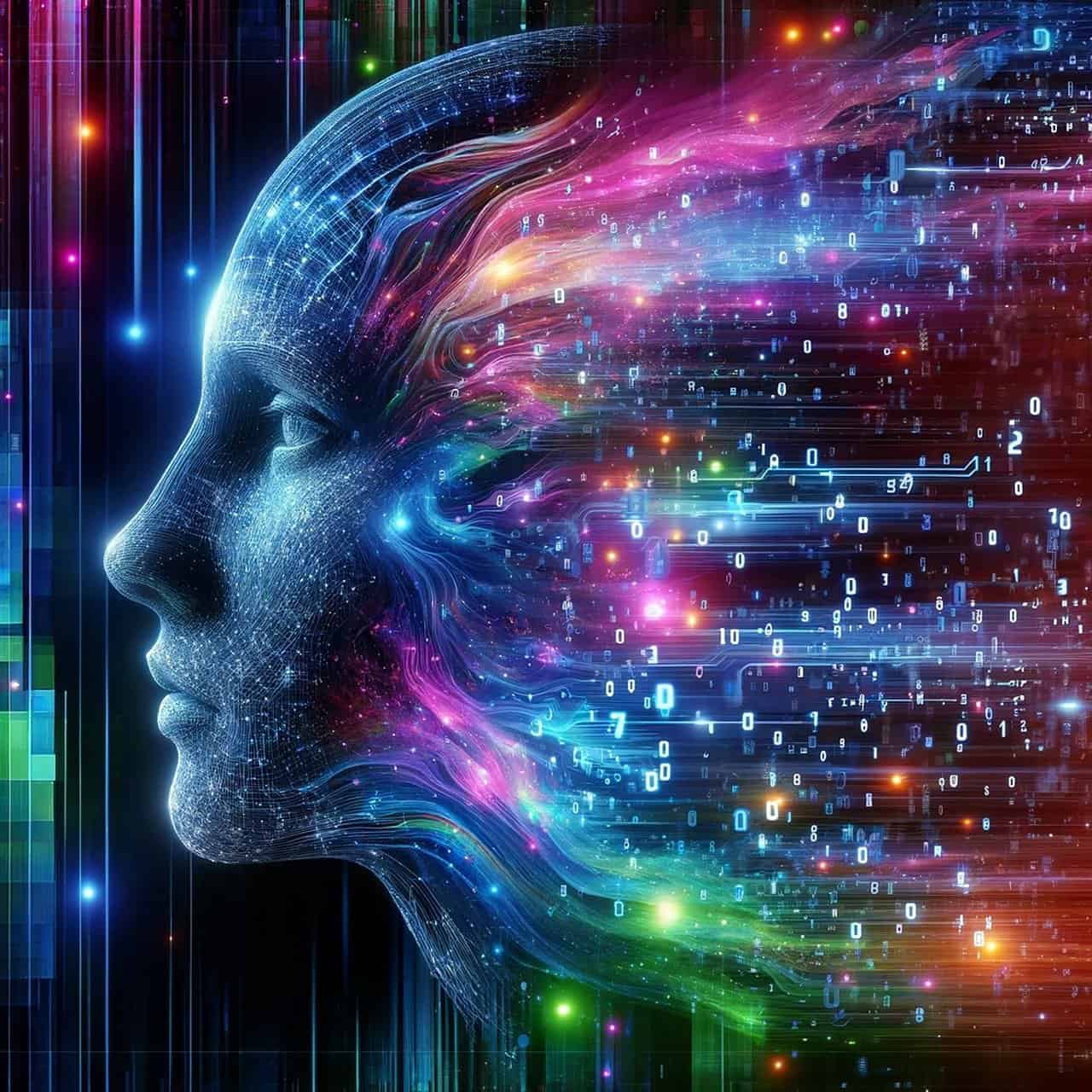The Impact of AI on Cybersecurity: Advantages and Disadvantages
10 May, 20232As cyber attacks continue to become more frequent and sophisticated, the need for advanced s...

As cyber attacks continue to become more frequent and sophisticated, the need for advanced security measures is becoming more pressing. Artificial intelligence (AI) is one of the most promising technologies in the cybersecurity space, with its ability to detect threats and automate responses in real-time. In this blog post, we will discuss the positive and negative impacts of AI on cybersecurity.
Advantages of AI in Cybersecurity
Threat Detection and Response
One of the primary benefits of AI in cybersecurity is its ability to detect and respond to threats in real-time. AI-powered security systems can monitor networks, endpoints, and other devices to detect anomalies, behavioral patterns, and other indicators of compromise. The technology can also automate threat response processes, such as isolating infected devices, blocking malicious traffic, and initiating incident response procedures.
Risk Management
AI can also help organizations manage their security risks more effectively by analyzing large volumes of data and identifying potential vulnerabilities. The technology can identify trends, patterns, and other insights that may not be visible to human analysts, enabling security teams to take proactive measures to mitigate risks before they become critical.
Enhancing Compliance
AI can help organizations comply with various regulatory and compliance requirements, such as GDPR, HIPAA, and PCI-DSS. AI-powered security systems can automate compliance monitoring, identify potential violations, and generate reports that meet regulatory requirements.
Disadvantages of AI in Cybersecurity
False Positives
One of the most significant disadvantages of AI in cybersecurity is the potential for false positives. AI-powered security systems rely on machine learning algorithms that learn from historical data. However, this can lead to false positives when the system encounters new, unknown threats that do not fit into existing patterns. False positives can result in alert fatigue, where security teams become overwhelmed by a large number of false alarms and may miss genuine threats.
Cybersecurity Skills Gap
Another disadvantage of AI in cybersecurity is the skills gap that currently exists in the industry. AI-powered security systems require skilled professionals who can develop, implement, and manage the technology. However, there is currently a shortage of professionals with the necessary skills and experience to work with AI in cybersecurity.
Cost
Implementing AI-powered security systems can be expensive, especially for smaller organizations with limited budgets. The technology requires specialized hardware, software, and skilled professionals to develop and maintain the systems.
Hackers use AI
Hackers can use AI to develop more advanced attacks and to evade detection by AI-based security tools. Similarly, while neural fuzzing can help identify vulnerabilities, it can also be used by hackers to gather information about the weaknesses of a target system.
Organisations need to carefully consider the advantages and disadvantages of AI in cybersecurity and weigh the benefits against the costs and risks. Implementing AI-powered security systems requires a comprehensive security strategy that includes other technologies and human expertise to provide a layered defense against evolving threats. In summary, while AI is a promising technology in the cybersecurity space, it is not a panacea for all security challenges, and organizations must remain vigilant in their approach to cybersecurity.




